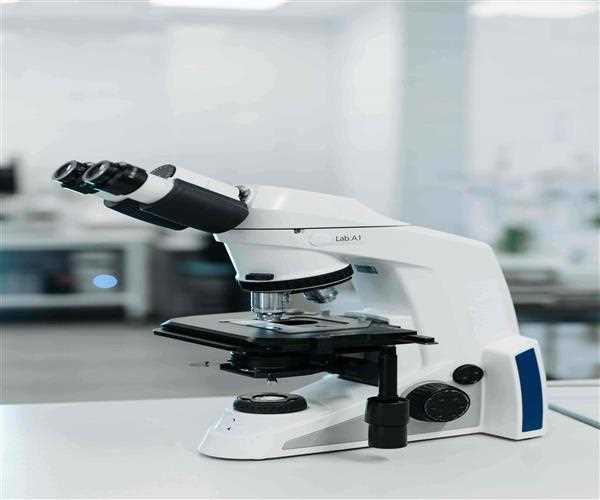What is diabetic nephropathy and how does it affect you?
Diabetic nephropathy is a type of kidney disease that develops over time in diabetic patients. It affects patients with type 1 and type 2 diabetes and increases the risk as the disease progresses and includes other risk factors such as high blood pressure and family history of kidney disease.
According to reliable sources, diabetes is the cause of kidney failure in 40% of cases, and more than 180,000 people are believed to be living with kidney failure due to complications of diabetes. Diabetes is also the most prevalent cause of late-stage kidney disease (ESRD). Diabetic nephropathy reaches the fifth and final stage of ESRD.
Diabetic nephropathy is a slowly developing condition. Early treatment can help prevent or stop the progression of the disease. Not everyone who develops diabetic nephropathy progresses to kidney failure or ESRD and having diabetes does not mean that you will develop diabetic nephropathy.
Diabetic nephropathy manifests itself in a variety of ways.
The early stages of kidney disease are often asymptomatic. You will not notice any symptoms until you are in the late stages of chronic kidney disease.
Some of the signs and symptoms of ESRD are:
- Fatigue
- A broader sense of illness
- Loss of appetite
- Headache
- Skin that is uncomfortable and dry
- Vomiting or nausea
- Your arms and legs are swollen
Diabetic nephropathy comes from many causes.
Each of your kidneys has about a million nephrons. Small structures called nephrons filter waste from your blood. Diabetic nephrons can cause inflammation and scarring so that they can filter waste and remove fluids from the body. It is albumin, a type of protein that flows into your *****. Albumin levels can be tested to assist in the diagnosis and development of diabetic nephropathy.
The exact cause of diabetic nephropathy in diabetic patients is not known, although it is suspected that high blood glucose levels and blood pressure may play a role. Constantly high blood sugar and blood pressure levels can damage your kidneys, preventing them from filtering and removing waste.
Other variables associated with the development of diabetic nephropathy:
- People of African, Hispanic, or American Indian descent
- Family history of kidney disease
- You can get type 1 diabetes under the age of 20.
- Smoking
- Being obese or overweight
- Other diabetic consequences, such as eye disease or nerve damage, are common.
Diabetic nephropathy is diagnosed in one of two ways.
If you have diabetes, your doctor will do blood and ***** tests every year to see early signs of kidney disease. Because diabetes is a risk factor for kidney disease. The following are examples of common tests:
***** Testing for microalbuminuria
Microalbuminuria ***** test checks your ***** for albumin. Having albumin in your ***** is a sign of kidney damage because normal ***** does not contain protein.
BUN. Blood test for
The presence of urea nitrogen in your blood is determined by a BUN blood test. When proteins are broken down, urea nitrogen is produced. If urea nitrogen levels in the blood are higher than normal it indicates kidney failure.
Testing for serum creatinine in the blood
The level of creatinine in your blood is measured by a serum creatinine blood test. Creatinine is carried from your body to your bladder by your kidneys, where it is excreted in *****. If your kidneys are damaged you may not be able to remove enough creatinine from your blood.
Stages of kidney disease
Kidney disease can be reduced with timely treatment. Kidney disease is divided into five stages. The first stage is highly benign and renal function can be corrected with treatment. Kidney failure is the most severe in stage 5. When the kidneys reach stage 5, they no longer function and you may need dialysis or a kidney transplant.
Your doctor may use your glomerular filtration rate (GFR) to determine your stage of kidney disease. Understanding your steps is important because it affects your treatment strategy. Your doctor will use creatinine blood test results as well as your age, gender, and body mass to determine your GFR.
- Phase GFR functionality and loss
- Step 1 (90+) is very light; The kidneys were slightly damaged but still functioning normally.
- Stage 2: Kidney injured and lost some function.
- Stage 3 59-30 Kidney half complete; It can cause **** problems.
- Stage 4: Acute kidney damage (29-15)
- If you are in stage 5-15 of kidney failure, you may need dialysis or a kidney transplant.




Leave Comment